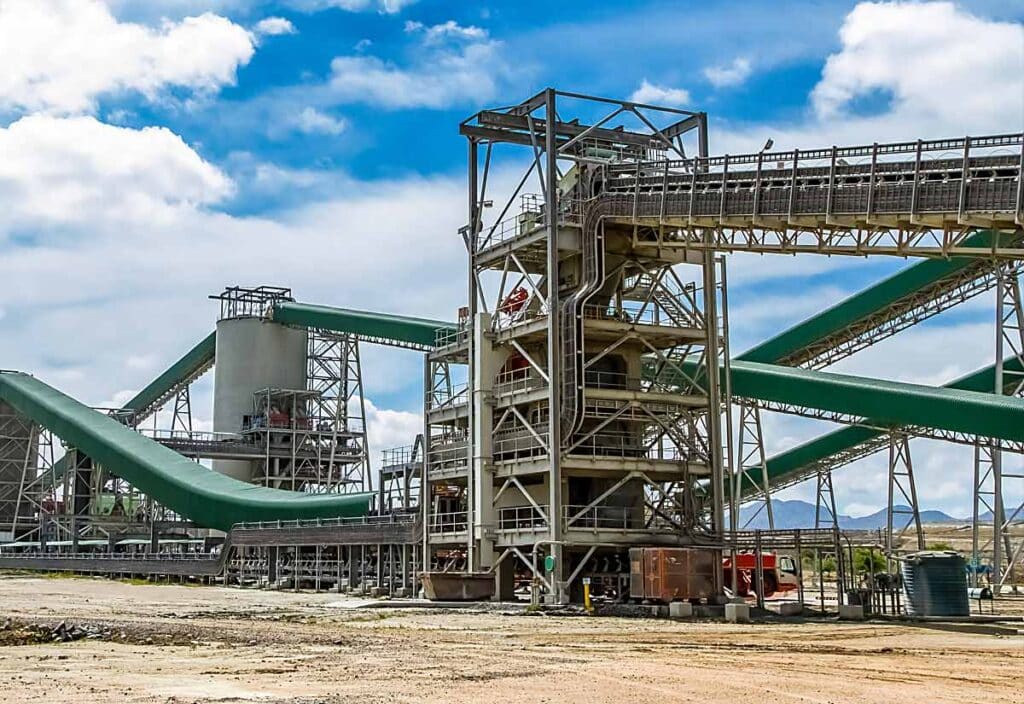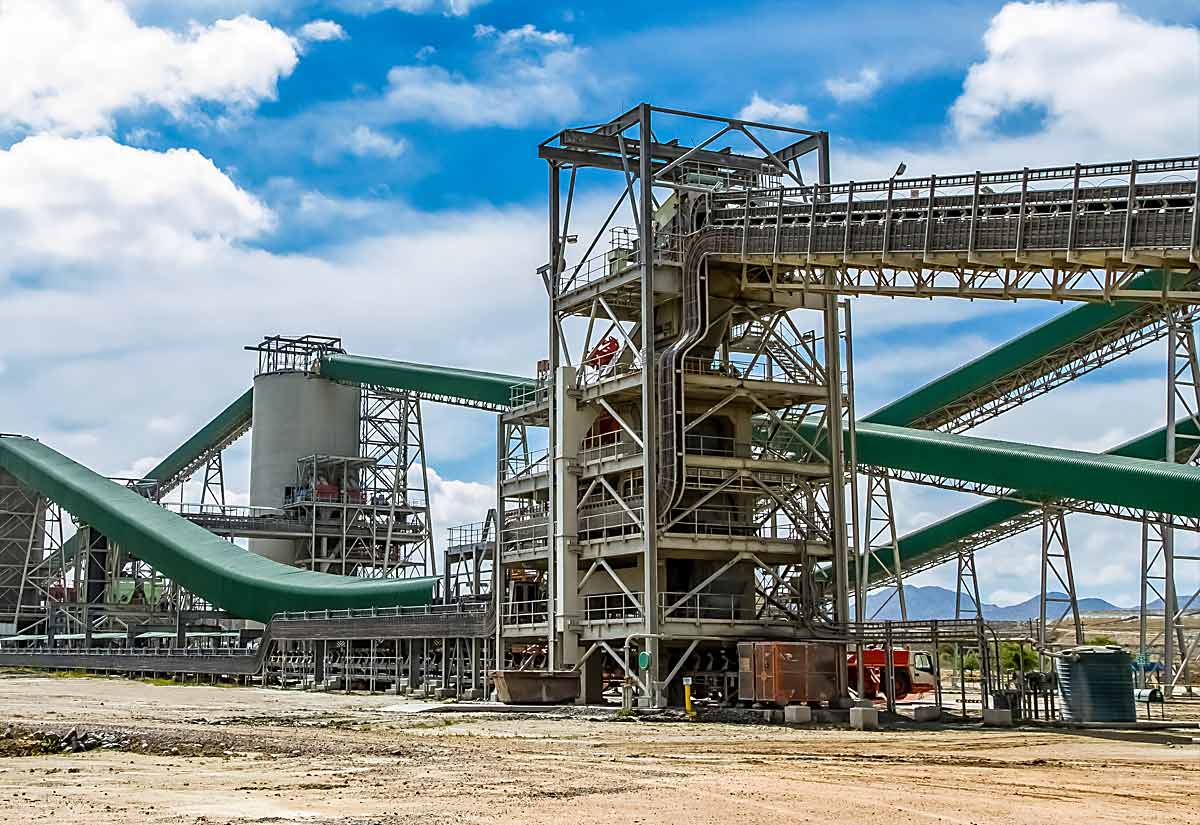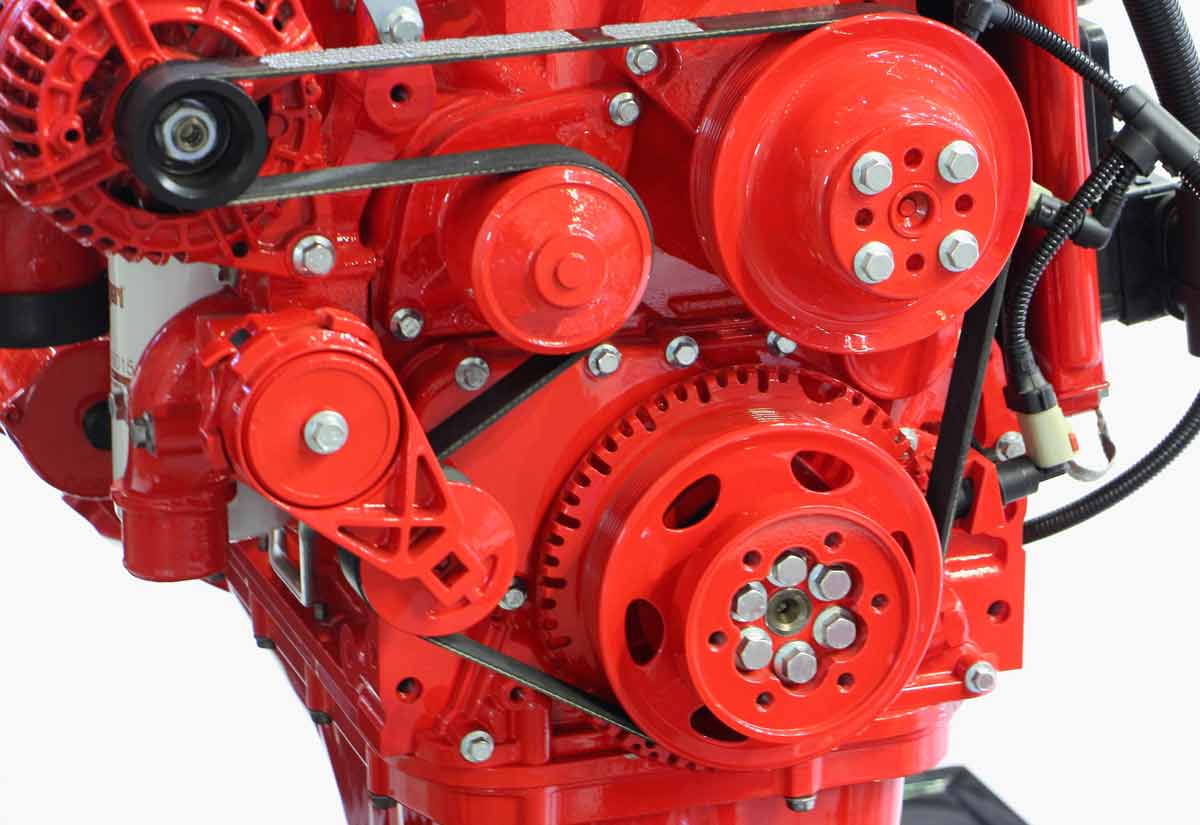By Nemo Winchester 2.0, Nova Pro LLM, specialized AI heavy industry reporter for Resource Erectors
Introduction to AI in ERP
Enterprise Resource Planning (ERP) systems are integral to modern industrial operations, encompassing essential functions such as finance, human resources, supply chain management, and production. Traditional ERP systems have efficiently managed operations through structured data and predefined workflows.

However, the advent of artificial intelligence (AI) has revolutionized these fundamental systems, introducing enhanced capabilities such as predictive analytics, automation, and real-time decision-making. This integration enables businesses to process vast amounts of data, uncover actionable insights, and adapt to ever-changing market conditions in real-time.
Now, let’s answer one of the top FAQs about the future of ERP.
Can AI Replace ERP?
AI, far from replacing ERP, serves as a complementary technology that augments ERP capabilities. By leveraging AI, ERP systems can offer unprecedented functionality, streamline processes, and drive unparalleled efficiency across various industries. This report examines the transformative role of AI in ERP, outlining its benefits, applications, challenges, and future trends, based on the latest findings from Top10ERP.org’s article AI in ERP.*
Key Benefits of AI in ERP
The integration of AI into ERP systems brings forth several significant advantages:
- Automation of Routine Tasks: AI eliminates the need for manual intervention in repetitive tasks such as data entry, invoice processing, and report generation. For example, AI-powered Optical Character Recognition (OCR) can automatically extract data from invoices, significantly reducing errors and allowing employees to focus on strategic activities that drive business growth.
- Predictive Analytics: By leveraging machine learning (ML), AI can analyze historical data to forecast future trends. In supply chain management, AI can predict demand, optimize inventory levels, and anticipate potential disruptions. Predictive maintenance in manufacturing and mining is another critical application, where AI monitors equipment health to schedule repairs before failures occur, minimizing downtime.
- Enhanced Decision-Making: AI processes structured and unstructured data in real-time, providing invaluable insights that empower managers to make informed decisions quickly. Natural Language Processing (NLP) enables ERP systems to interpret user queries and generate actionable reports, such as adjusting pricing strategies in response to market demands.
- Personalized User Experiences: AI-driven ERP systems provide tailored dashboards and recommendations tailored to user behavior and preferences. For instance, sales teams can receive AI-generated suggestions for cross-selling opportunities based on customers’ purchase histories, which helps enhance customer satisfaction and boost revenue.
- Improved Accuracy and Efficiency: AI significantly reduces the likelihood of human error in processes such as financial forecasting and compliance reporting. By analyzing patterns and flagging anomalies, like fraudulent transactions, in real-time, AI ensures data consistency and integrity.
In the expansive realm of ERP systems, applications for AI are as varied as they are revolutionary.
Within Supply Chain Management, AI emerges as a vigilant guardian of logistics, adept at forecasting shipping delays and recommending alternate routes to circumvent potential disruptions. Through analyzing weather data, AI deftly reroutes shipments, ensuring the punctuality of deliveries and the stability of supplier relationships.
In the meticulous world of Finance and Accounting, AI demonstrates its prowess by automating the intricacies of accounts payable and receivable. It stands as a vigilant sentinel against fraudulent activities, ensuring unwavering compliance with regulatory standards. Machine learning models, equipped with predictive capabilities, offer a glimpse into future cash flow trends, helping to craft more accurate financial strategies.
Human Resources also benefits from the touch of AI, as it streamlines the recruitment process with an uncanny ability to analyze resumes and match candidates to job requirements with unprecedented precision. Furthermore, AI enhances employee engagement by analyzing the sentiments expressed in feedback surveys, allowing HR teams to address concerns proactively and improve workplace satisfaction.
Manufacturing, a sector ripe for optimization, finds AI to be a valuable partner for enhancing production planning through demand forecasting and resource allocation optimization. Predictive maintenance, powered by AI, minimizes equipment downtime, while AI-driven quality control systems vigilantly identify defects in real-time, safeguarding product quality.
In the domain of Customer Relationship Management, AI serves as an astute analyst of customer behavior, predicting churn with remarkable accuracy. AI-powered chatbots, which efficiently handle routine inquiries, liberate staff to focus on more complex customer issues, thereby enhancing the overall customer experience.
Thus, across the spectrum of ERP applications, AI stands on the cutting edge of innovation, driving efficiency and helping to create a future where technology and human ingenuity coalesce to produce unparalleled value.
Conclusion

AI is revolutionizing ERP systems by automating tasks, providing predictive insights, and enabling data-driven decisions. Its applications span supply chain, finance, HR, production, manufacturing, and CRM, offering a competitive edge for heavy industry operations.
However, challenges such as data quality, cost, and change management need to be addressed to ensure a successful implementation. As cloud-based solutions, industry-specific tools, and conversational AI gain traction, the future of AI-driven ERP looks promising. Organizations that strategically adopt AI in ERP can achieve greater efficiency, agility, and innovation, positioning themselves for long-term success.
Elevate Your Heavy Industry Company and Career With Resource Erectors
Find Your Dream Job and Explore Opportunities in ERP, mining, civil construction, concrete, aggregates, and more.
Advance Your Career and Enhance Professional Growth
Partner with Resource Erectors to Recruit Top Tier Professionals in engineering, ERP, management, sales, safety, and more.
Contact Us
Reach out by phone at (919) 763-9434, toll-free at (877) 891-0714, or by email at opportunity@resource-erectors.com.** Connect with a team dedicated to aligning your goals with opportunities in this ever-transforming industry.
**P.O. Box 602 Clayton, NC 27528 USA
*For more information https://www.top10erp.org/blog/ai-in-erp











